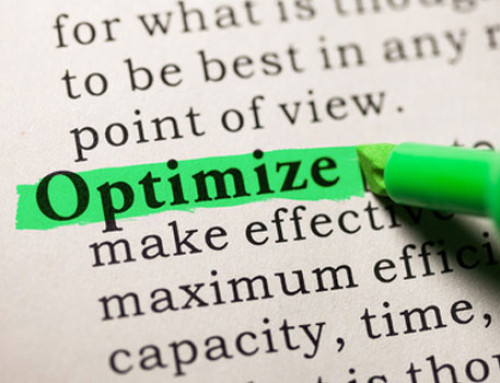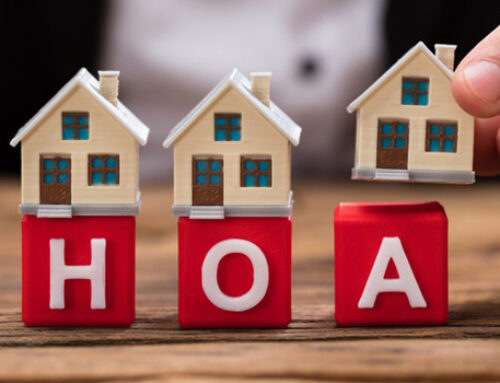When discussing the powers of HOAs, one topic often brought up for debate is the right HOAs and boards have to foreclose upon a homeowner’s house. Unfortunately, homeowners and inexperienced board members alike are oftentimes not aware of this provision often allowed by state law, or else the specifics are less than obvious. To help you out, here is all you need to know about HOA foreclosure.
What is HOA Foreclosure?
HOA foreclosure, in many ways, is very similar to normal bank foreclosures that most are more well-known. Legally, homeowners associations are allowed to place a lien on a lot if a homeowner becomes delinquent in paying their HOA fees, monthly or otherwise; with this lien also comes the ability for the association to foreclose upon the property, even if there is a mortgage placed on the property. The process and the legality of HOA foreclosures are both based upon state law and the CC&Rs for the association, but it all amounts to this; if a homeowner does not pay their HOA dues, it is possible to foreclose upon their home, thus exiting the contract signed by the homeowner and relieving them of the ownership of their home. This, of course, is (normally) done through a lawsuit, wherefore the association must obtain a judgment from the court that allows the sale of the property to satisfy the lien held against it.
But what About the Homestead Exemption Act?
Even though homestead acts prevent the forced sale of a home to meet the demands of creditors, they do not apply to mechanic’s liens in most cases, or liens that benefit those who provide services—which is precisely what an HOA does. Furthermore, most HOA contracts force homeowners to sign away their rights to be protected by the Homestead Act, thus allowing for the possibility of foreclosure under the sufficient lien as specified by state law, and ensuring the protection of the association itself. In other words, an HOA foreclosure—depending on your state—is very legal, and can be the one saving grace that allows you to keep your community productive.
The Hard Way Out
Ultimately, no one ever wants to be the one who has to initiate a foreclosure on a fellow homeowner. In this day and age, money is hard to come by and everyone has their hardships; as a result, it’s always extremely difficult to begin this process. As such, let us make this absolutely clear: HOA foreclosure should only be an option for a board when all other avenues are exhausted. If you are dealing with a homeowner that can’t pay dues as a result of a financial inability, it would be more prudent—and less stressful—for your HOA to install a payment plan, if possible. You will also want to consult your association’s legal representative for other possibilities, as HOA foreclosures can have a negative impact upon the image of your association as a whole. Even more importantly, foreclosure is one of those things that can ruin a life, so it should never be something that you take lightly; keep that in mind before initiating legal action.
If you have any questions about HOA management, you can also contact us whenever you want, and we will help you as best we can!






